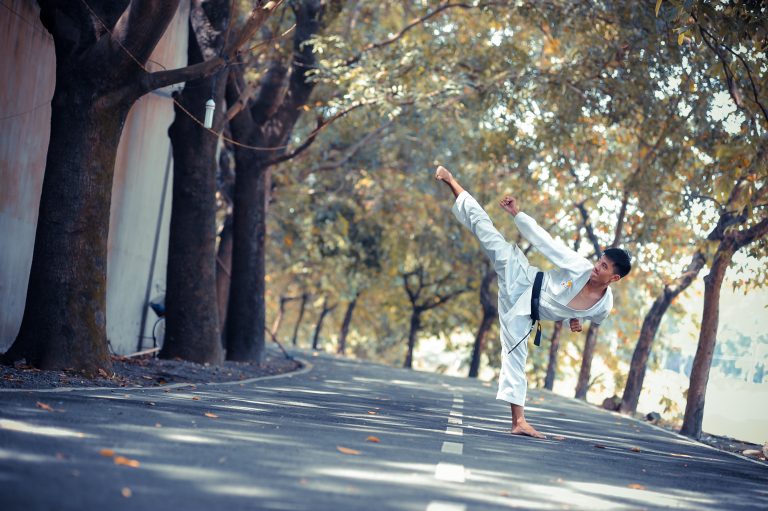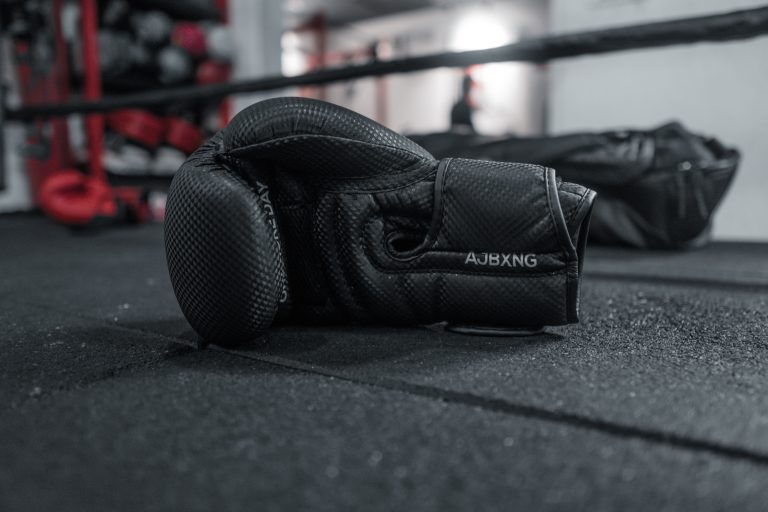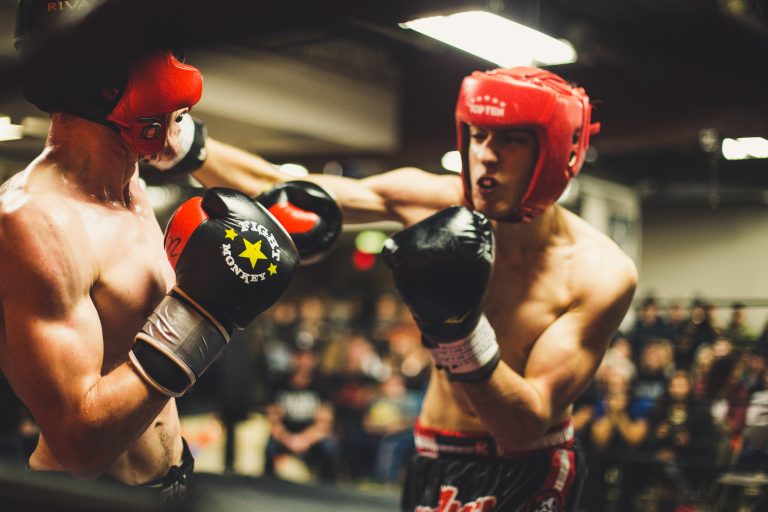What is a Karate Instructor?
Karate is a martial art that originates from Japan and has become extremely popular worldwide. It is a physically and mentally demanding sport that requires a significant amount of time, effort, and dedication to master. To become a proficient karate practitioner, it is important to train under a qualified karate instructor. But what exactly is a karate instructor?
In this article, we will explore the responsibilities of a karate instructor, the qualifications required to become a karate instructor, and the benefits of having a qualified karate instructor.
Responsibilities of a Karate Instructor
A karate instructor is responsible for guiding students through the process of learning karate. They are responsible for creating lesson plans, monitoring student progress, correcting technique, and developing training programs that help students reach their goals.
Karate instructors are also responsible for ensuring a safe training environment. They must ensure that students are properly warmed up before beginning training, and that the training area is free of hazards. In addition to this, instructors must have a thorough knowledge of karate and be able to teach students techniques, forms, and sparring skills.
Qualifications Required to Become a Karate Instructor
To become a karate instructor, there are several qualifications that one must possess. These qualifications vary depending on the style of karate being taught and the level of expertise of the instructor.
Firstly, many karate instructors have achieved high ranks in their chosen style of karate. They have dedicated many years to training, and have demonstrated a high level of skill and competence. In addition, most instructors have formal teaching qualifications, such as the ability to teach and grade students in their chosen style of karate.
Another important qualification is a thorough knowledge of anatomy and physiology. Karate instructors must be able to understand how the human body works in relation to karate techniques, and must be able to identify and correct any imbalances or weaknesses in their students.
Benefits of Having a Qualified Karate Instructor
A qualified karate instructor can have a significant impact on a student’s journey in karate. They can provide guidance, support, and motivation to help students reach their goals. In addition to this, they can help to prevent injury by teaching proper technique and ensuring a safe training environment.
Having a qualified karate instructor can also provide a sense of community and belonging. Many karate dojos (training halls) foster a supportive and friendly environment where students can build strong relationships with their instructors and fellow students.
Lastly, a qualified karate instructor can help students to develop a deeper understanding of karate and its history. They can teach the principles of respect, discipline, and perseverance, which are fundamental to the practice of karate.
What Is A Karate Instructor?
Introduction
Karate is a popular martial arts discipline that originated in Okinawa, Japan. While it is enjoyed by many as a form of physical exercise, the discipline is also steeped in tradition and has been known to imbue its practitioners with valuable life skills such as self-control, discipline, and respect. For those interested in learning the art of karate, it is essential to find a competent karate instructor.
If you’re new to karate and would like to know more about what a karate instructor is and what they do, we’ve compiled a list of the most frequently asked questions about karate instructors.
What Is A Karate Instructor?
A karate instructor is a skilled individual who holds a recognized rank in the discipline of karate and is authorized to teach the art to others. A karate instructor is responsible for imparting the technical and philosophical aspects of the discipline to students, and their role is to guide the students in developing their physical, mental, and emotional abilities to the fullest extent possible.
What Does A Karate Instructor Do?
A karate instructor is responsible for overseeing the training and development of their students. They conduct classes, teach proper techniques, and provide students with critical feedback on their progress. A karate instructor is also responsible for ensuring that their students practice karate safely and that they abide by the rules and regulations set forth by their governing body.
What Qualities Should A Good Karate Instructor Possess?
A good karate instructor should be highly skilled in the art of karate and have a comprehensive understanding of the techniques and principles involved in the discipline. They should also be patient, understanding, and empathetic towards their students, especially towards beginners who are still learning the basics of karate.
In addition, a good karate instructor should lead by example and be a role model for their students. They should possess good communication skills, be able to provide constructive feedback and guidance, and be adept at creating a positive and supportive learning environment.
How Can I Find A Good Karate Instructor?
Finding a good karate instructor can be challenging, but there are several steps you can take to ensure that you find a competent and reliable instructor.
One of the most effective ways to find a good karate instructor is to conduct research online to locate schools or dojos in your area. You can then visit prospective schools and observe classes, talk to the instructors, and ask for references.
Additionally, you can ask friends or family members who are familiar with karate for recommendations or join online karate communities and ask for advice.
How to become a Karate Instructor
A karate instructor is a role model, guide, and teacher of karate techniques to students. To become a karate instructor, you need to have a good knowledge of the art and years of training under your belt. Moreover, it would help if you were an expert in the techniques of karate at various levels. To become a karate instructor, here is a step-by-step guide to follow:
Step 1: Start as a Beginner
To become a successful karate instructor, you must first become an expert in the techniques you’ll teach. This process might take a longer time than you anticipated, but it’s essential. You will need to learn basic techniques, stances, kicks, and punches as a beginner to gain credibility as a karate instructor.
Step 2: Improve your Skills
After getting the hang of basic techniques and stances, you need to put in more time and effort to become a skilled karate master. Enroll in a martial arts school and learn through rigorous training by an experienced karate teacher, attending seminars and camps. You could also attend karate tournaments, study prominent karate masters, and learn from their techniques.
Step 3: Train with Master Instructors
Working or training with experienced senseis or chief instructors is an excellent way to gain more knowledge about karate. Not only do you learn more techniques and concepts, but you also gain necessary practical experience by observing and practicing with an expert in a classroom environment. Karate Sensei’s have many years of experience and can provide you with the tools necessary to become an effective karate instructor.
Step 4: Aim for Recognition
After several years or even decades of martial arts training, you will be quite experienced in the art of karate. You should now aim to earn certifications, invitations, honors, and awards that accredit your karate experience. These certifications and recognitions could come in the form of a martial arts rank, a coaching or instruction certification, or winning karate competitions.
Step 5: Develop Teaching Skills
As much as knowing the techniques of karate is essential, it’s also crucial that you learn how to effectively communicate and teach them to students. You may have a wealth of knowledge, but it’s not helpful if you can’t effectively communicate it to others. Developing proper coaching skills, such as effective communication, encouragement, shaping students‘ attitudes, and using a variety of teaching methods, are necessary to become an effective karate instructor.
Step 6: Gain Experience as an Assistant Instructor
Once you have good knowledge of karate and have developed the necessary coaching skills, you can gradually transition into an assistant instructor. Work under experienced teachers to gain practical experience to hone your skills as a karate instructor. This can be achieved by teaching kids or younger students in a safe and fun-filled environment.
Step 7: Apply for Karate Instructor Jobs
Finally, after years of training and developing as a karate instructor, you’re ready to look for job opportunities. Many schools and students always seek experienced instructors to guide and teach them the songs and hymns of the trade. You could consider applying as a head instructor or assistant instructor in a reputable karate school.
In conclusion, becoming a karate instructor is a long process that takes time, patience, and persistence. But once you have completed these steps and have gained experience, you will soon become a qualified karate instructor and be able to lead and guide others to learn the art of karate.
Inhaltsverzeichnis





